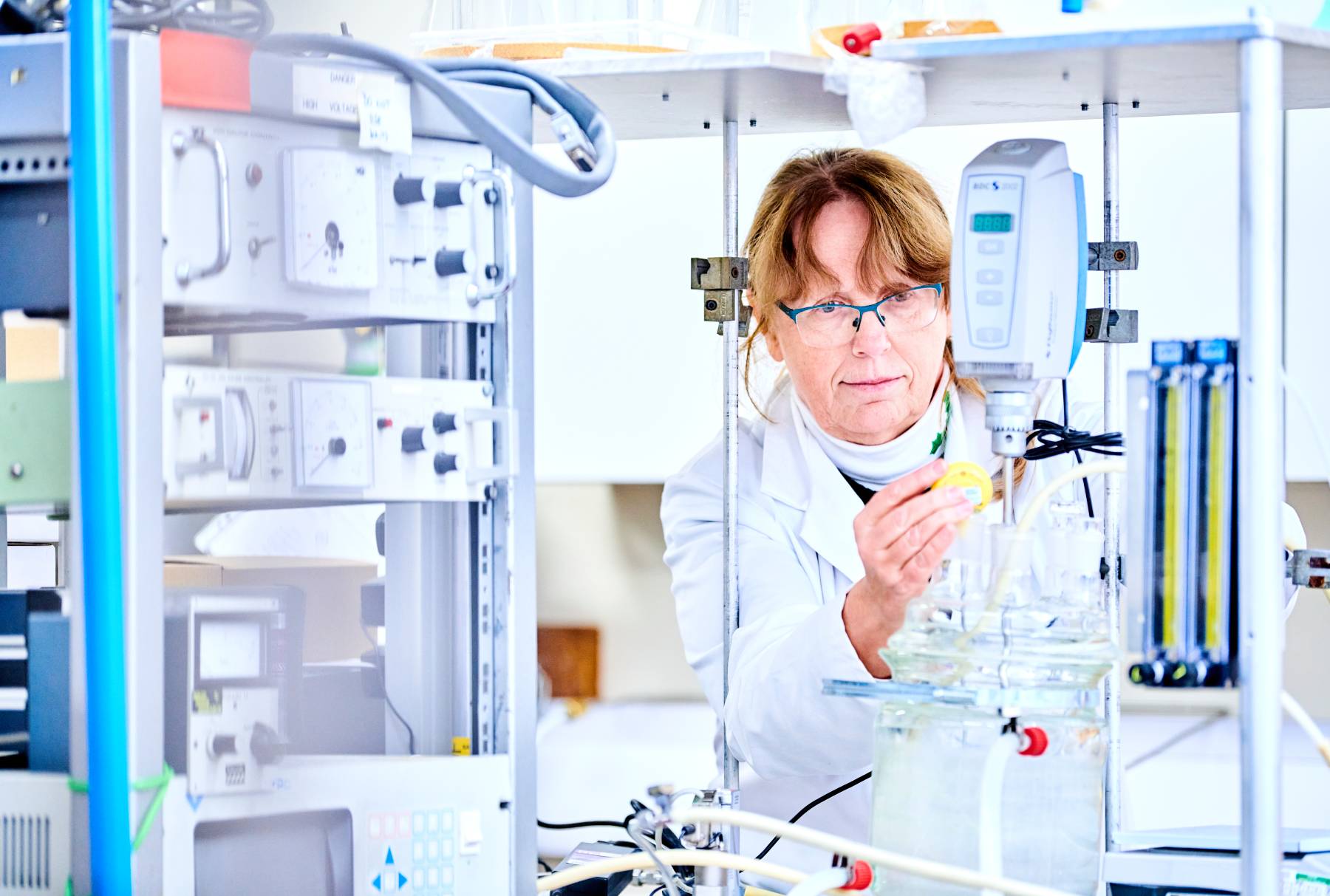Staff Profile
Dr Peter Malkin
Strategic Research Adviser
- Email: peter.malkin@ncl.ac.uk
- Telephone: +44(0) 191 2085636
- Fax: +44 (0) 191 20 88180
- Address: Centre for Advanced Electrical Drives
Electrical and Electronic Engineering
School of Engineering
Merz Court
Newcastle University
NE1 7RU, UK
Peter has a proven track record of achievement in both academic and industrial research and development of novel electrical power systems. Peter has extensive experience of directing and guiding university and industrial research and successful product development resulting in new patents and new products. Peter has made a significant contribution to R&D of new technologies including high temperature superconductors, wide-band-gap semiconductors and novel network designs. Currently researching technologies associated with Hybrid and Electric aircraft propulsion systems.
Current Position
Strategic Research Advisor ;Working in the School of Engineering with an objective to build on the work done in the field of More Electric Aircraft and create research activities in the field of Hybrid Electric Aircraft.
Previous Positions
CRANFIELD UNIVERSITY, School of Engineering ; Professor of Electrical Power Engineering
ROLLS-ROYCE plc Chief Technologist for Electrical Systems, Elected as Rolls-Royce Senior Engineering Fellow in Electrical Power Systems (EPS)
Other Activities
- Served on RAE2008 sub-panel 23 –Electrical and Electronics
Served on REF 2014 sub panel 13 –Electrical and Materials.
- Visiting Professor at Strathclyde University 2006- 2011
Leading a small team in the Electrical Power Group to research technologies in suitable for propulsion systems for Hybrid and Electric Aircraft. This is a new and rapidly developing field as modelling has shown that such aircraft are capable of significant reduction of global emissions of CO2, NOx and indeed in noise pollution.
We are working on novel elctrical machines and power networks adapted to this challenging application. We are also investigating high-temperature superconducting systems to meet future requirements for larger aircraft. The combined use of cryogens such as LNG and Liquid Hydrogen for cooling and fuel could result in significantly reduced emissions for future air travel.
